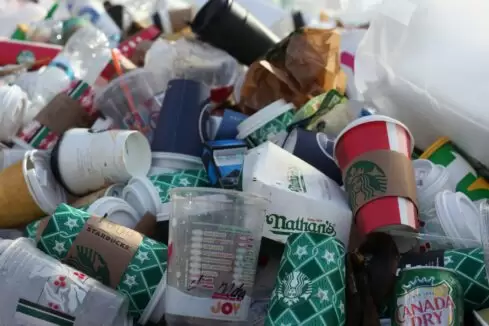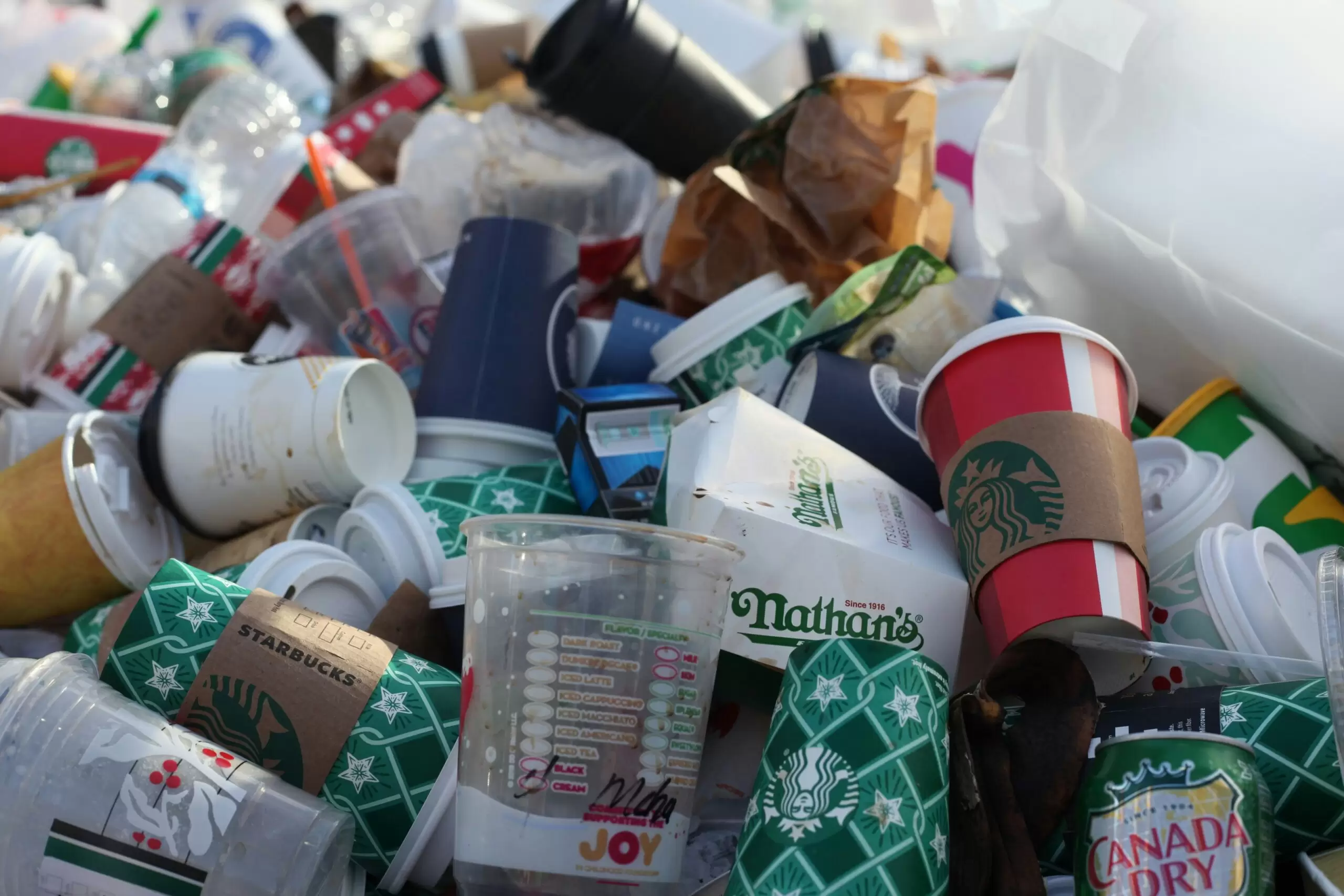
In a world increasingly conscious of sustainability and mindful consumption, it’s important to recognize the wasteful items that we often purchase without considering their long-term impact. From single-use plastics to unnecessary gadgets, there are numerous products that not only contribute to environmental degradation but also fail to enrich our lives in any meaningful way. In this article, we’ll explore fourteen wasteful items that many of us continue to buy, despite their lack of value and sustainability.
1. Single-Use Plastics
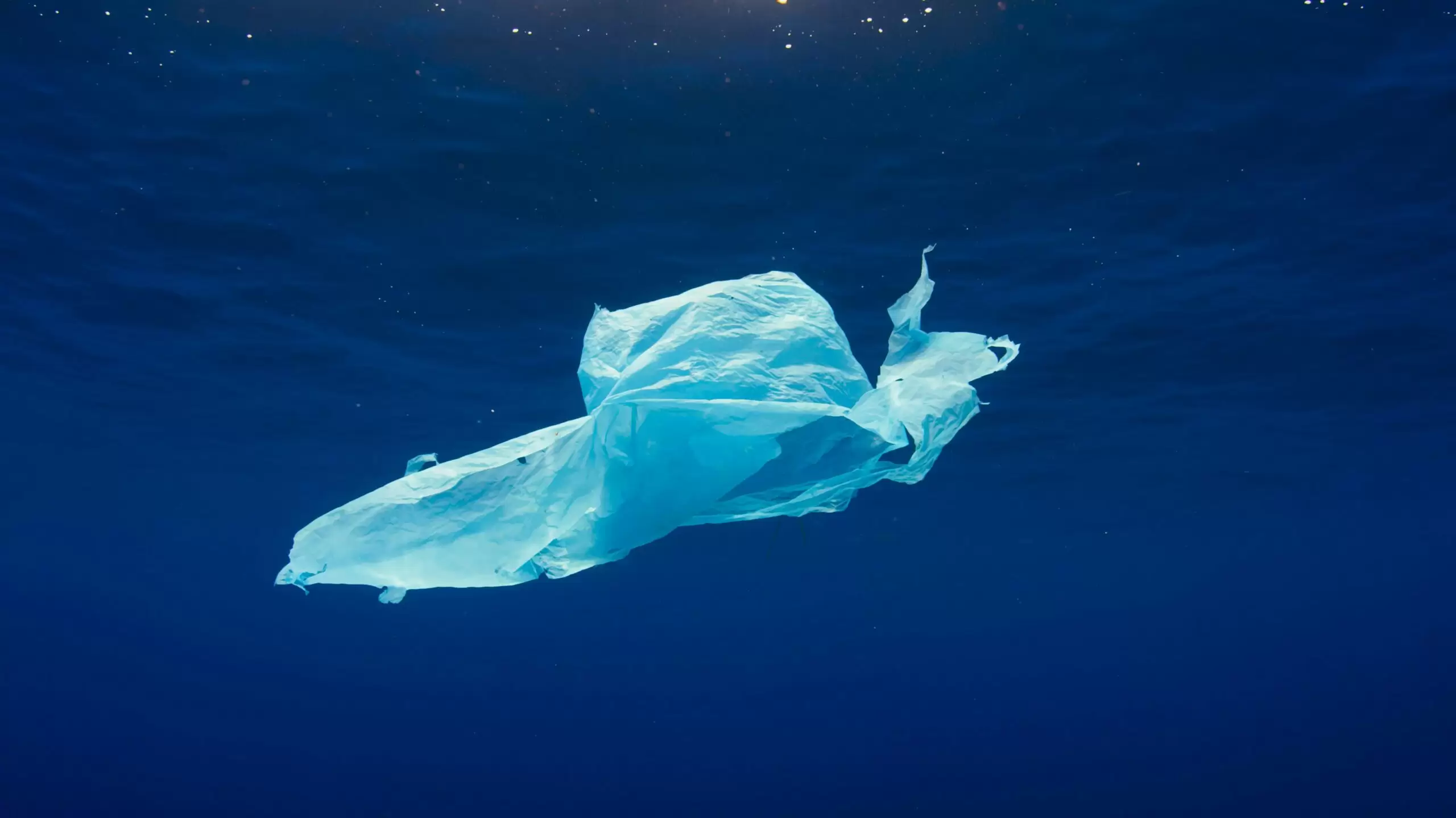
Single-use plastics, such as plastic bags, straws, and water bottles, are some of the most wasteful items we continue to buy. These products contribute to pollution and litter, clog landfills, and harm wildlife. Despite the availability of eco-friendly alternatives, many people still opt for convenience over sustainability, perpetuating the cycle of plastic waste.
2. Disposable Coffee Cups

Disposable coffee cups, often made from paper lined with plastic, are another wasteful item that adds little value to our lives. While convenient for on-the-go consumption, these cups are rarely recyclable and contribute to the staggering amount of coffee-related waste generated each year. Investing in a reusable coffee cup is a simple yet impactful way to reduce waste and support sustainability.
3. Fast Fashion Clothing
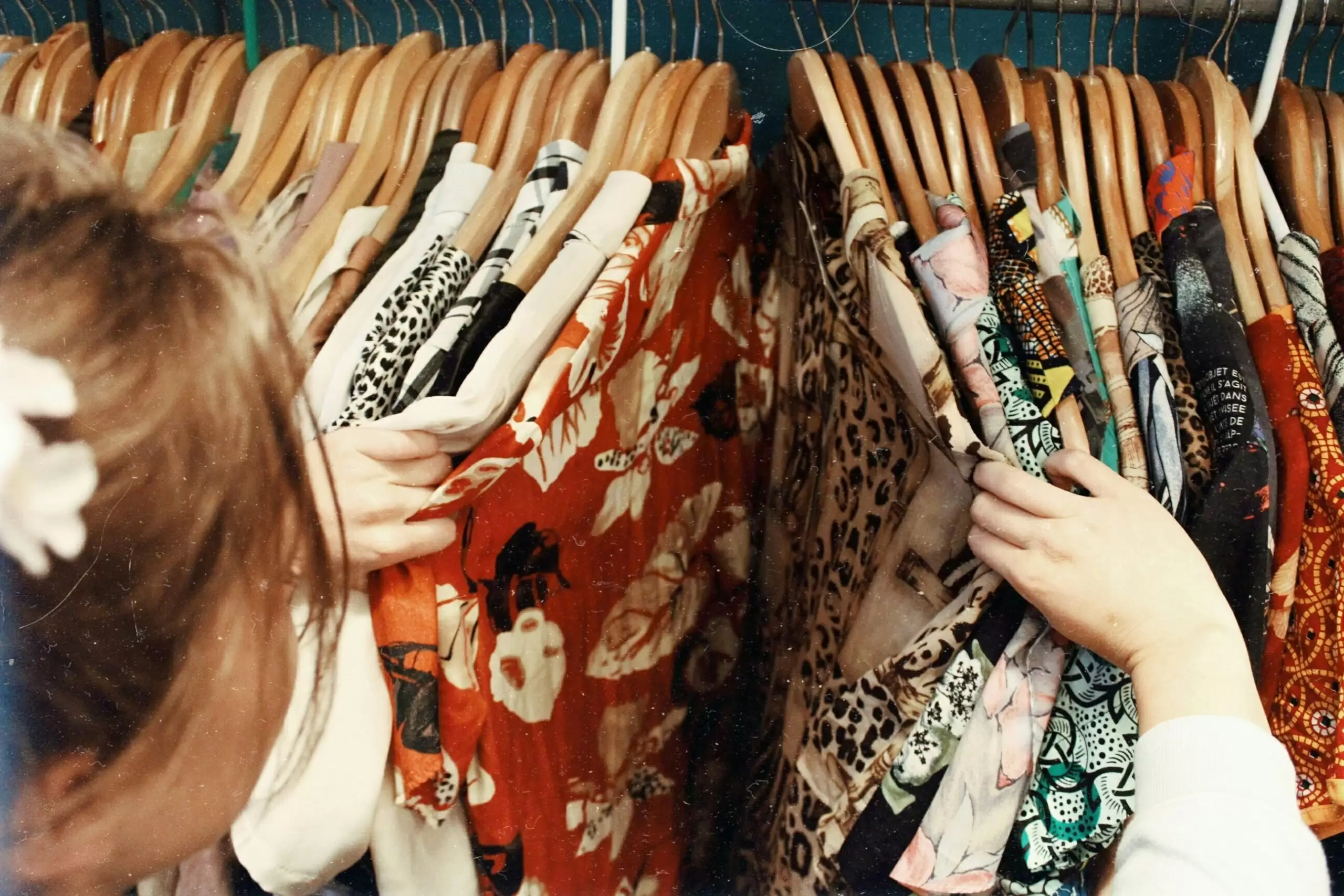
Fast fashion clothing, characterized by its inexpensive and rapidly changing designs, is notorious for its negative environmental and social impacts. From excessive water usage and chemical pollution to unethical labor practices, the fast fashion industry prioritizes profit over sustainability and human rights. By opting for quality, timeless pieces and supporting ethical and sustainable fashion brands, consumers can reduce their contribution to this wasteful industry.
4. Disposable Cleaning Products
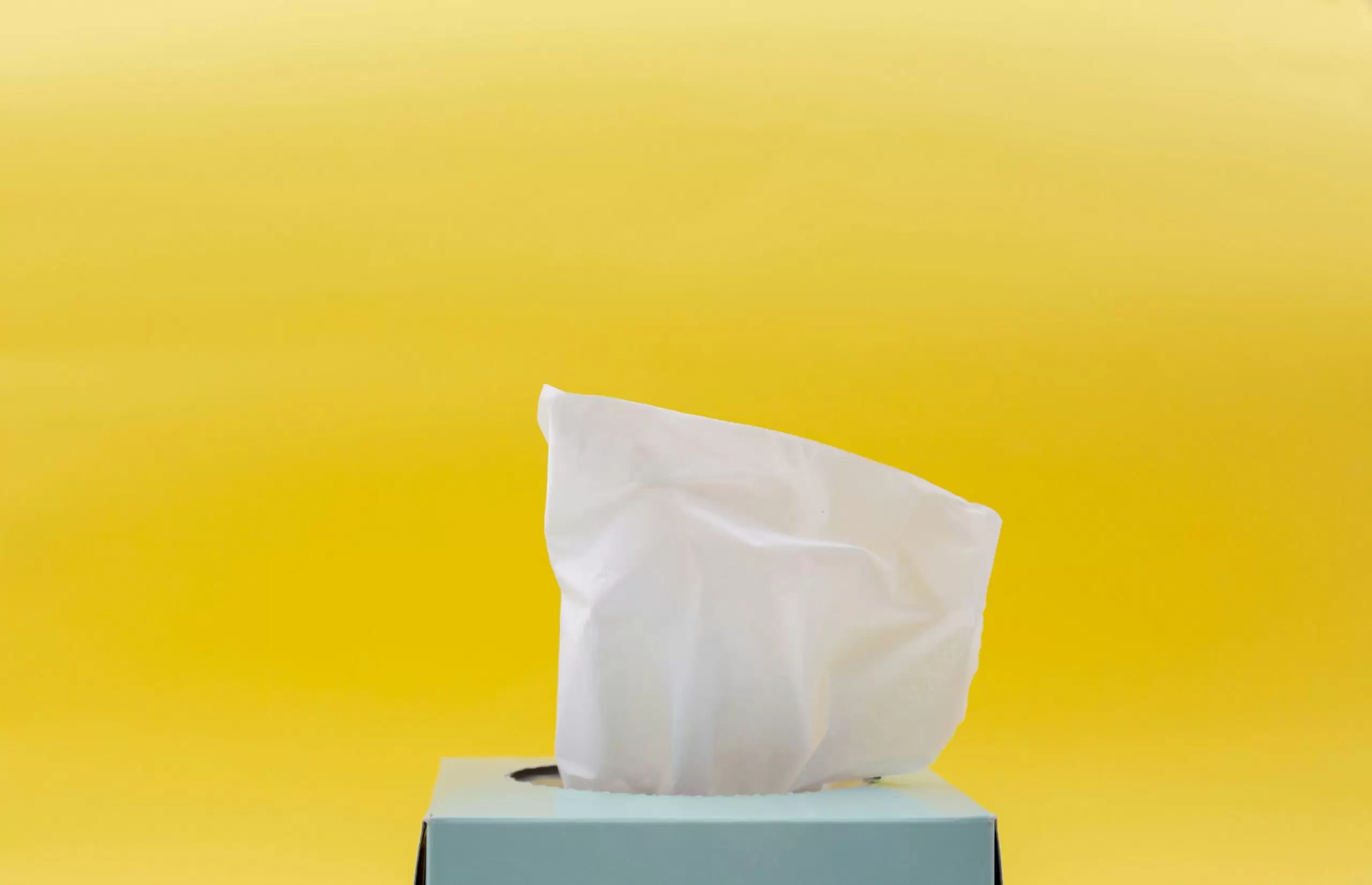
Disposable cleaning products, such as single-use wipes and mop pads, are convenient but highly wasteful alternatives to traditional cleaning tools. These products often contain harmful chemicals and contribute to plastic waste. Switching to reusable cleaning cloths, sponges, and mop heads can help minimize waste while still maintaining cleanliness and hygiene in your home.
5. Bottled Water
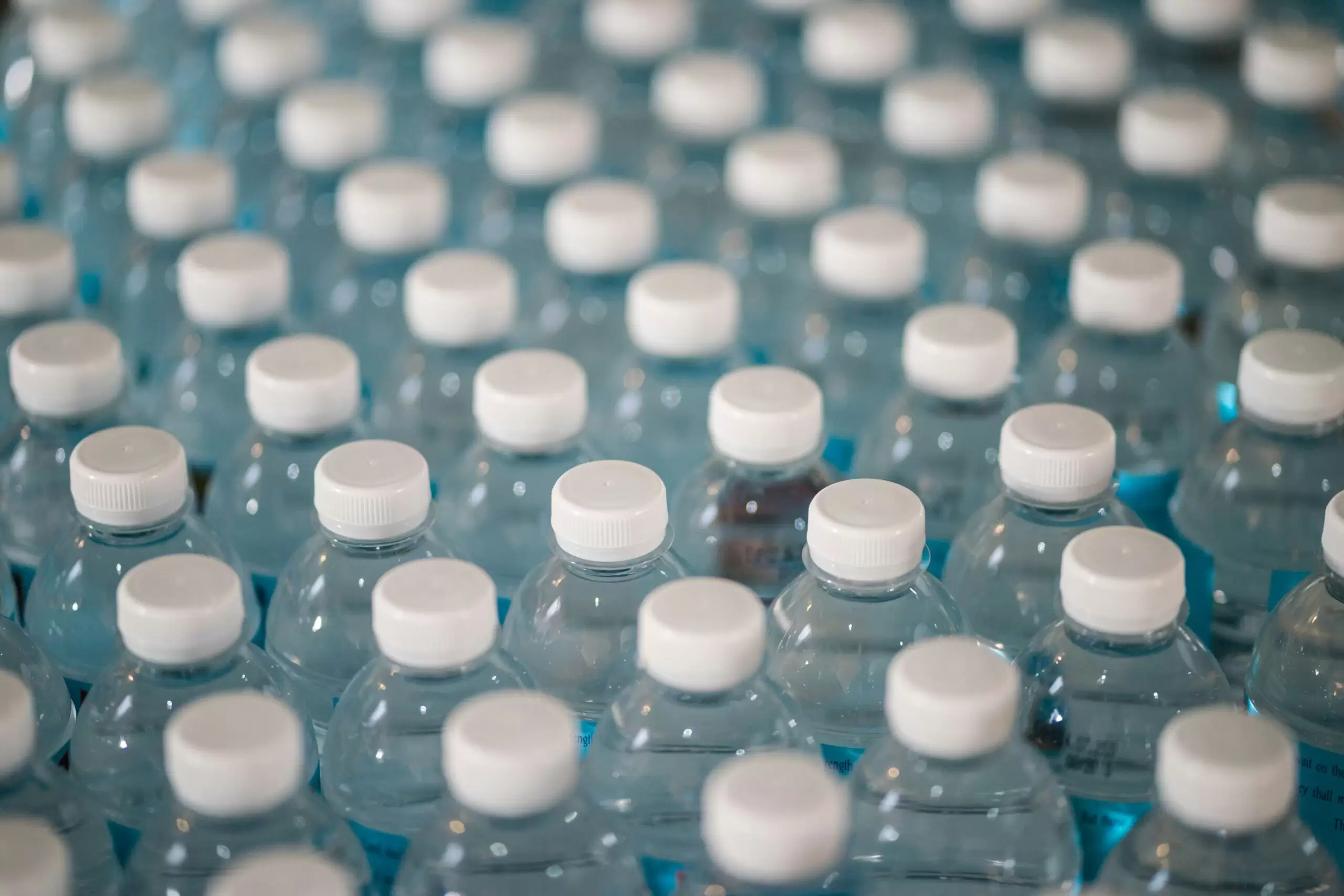
Despite the availability of clean and safe tap water in many regions, bottled water remains a popular and wasteful choice for hydration. Plastic water bottles contribute to pollution and environmental degradation, and the production and transportation of bottled water have significant carbon footprints. Investing in a reusable water bottle and utilizing water filtration systems at home can help reduce plastic waste and promote sustainability.
6. Fast Food Packaging
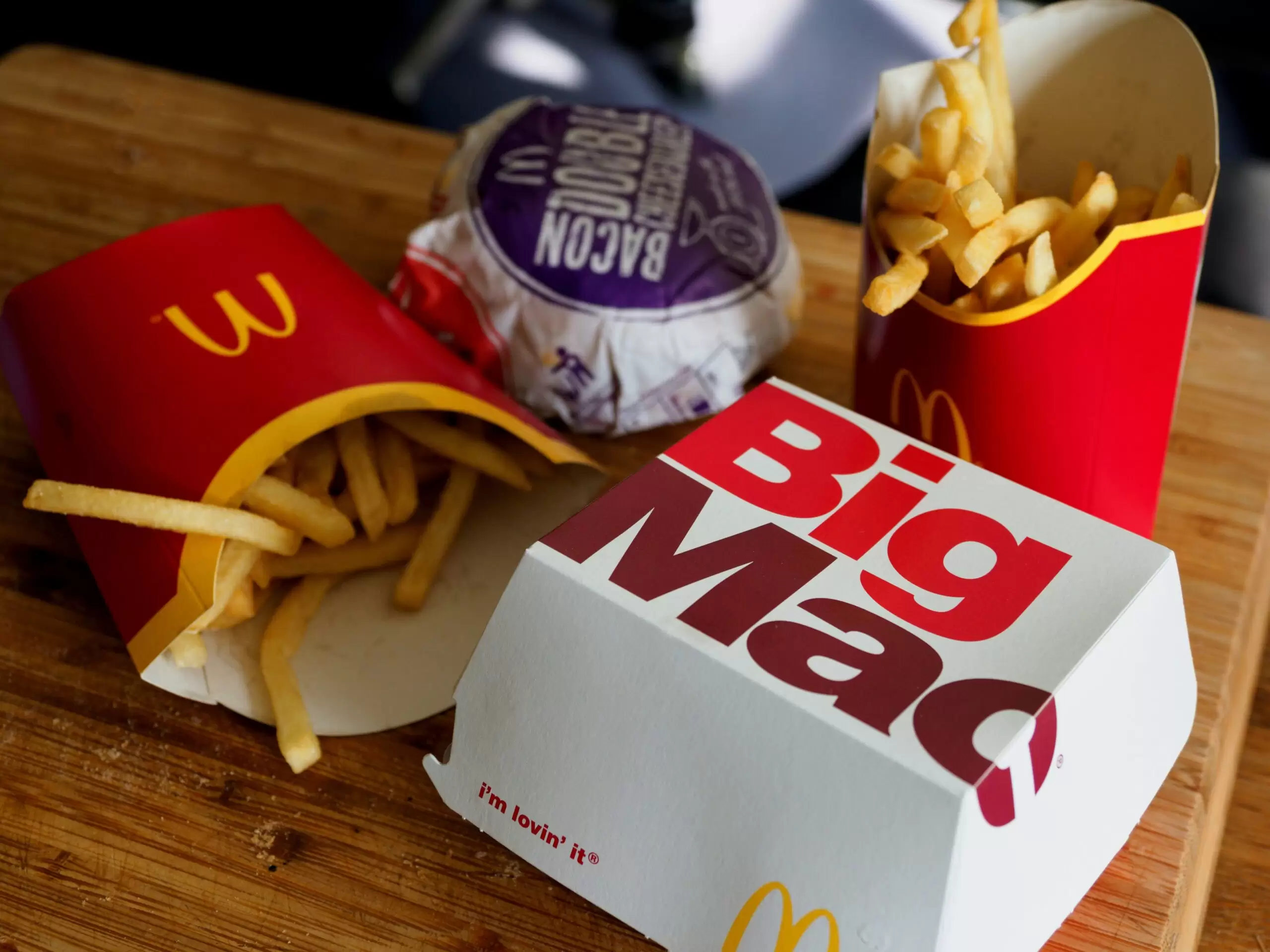
The excessive packaging used in fast food establishments, including plastic wrappers, containers, and utensils, contributes to the growing problem of single-use plastic waste. While convenient for on-the-go meals, this packaging often ends up in landfills or polluting the environment. Opting for dine-in or bringing your own reusable containers when ordering takeout can help minimize waste and support sustainable practices.
7. Excessive Food Packaging
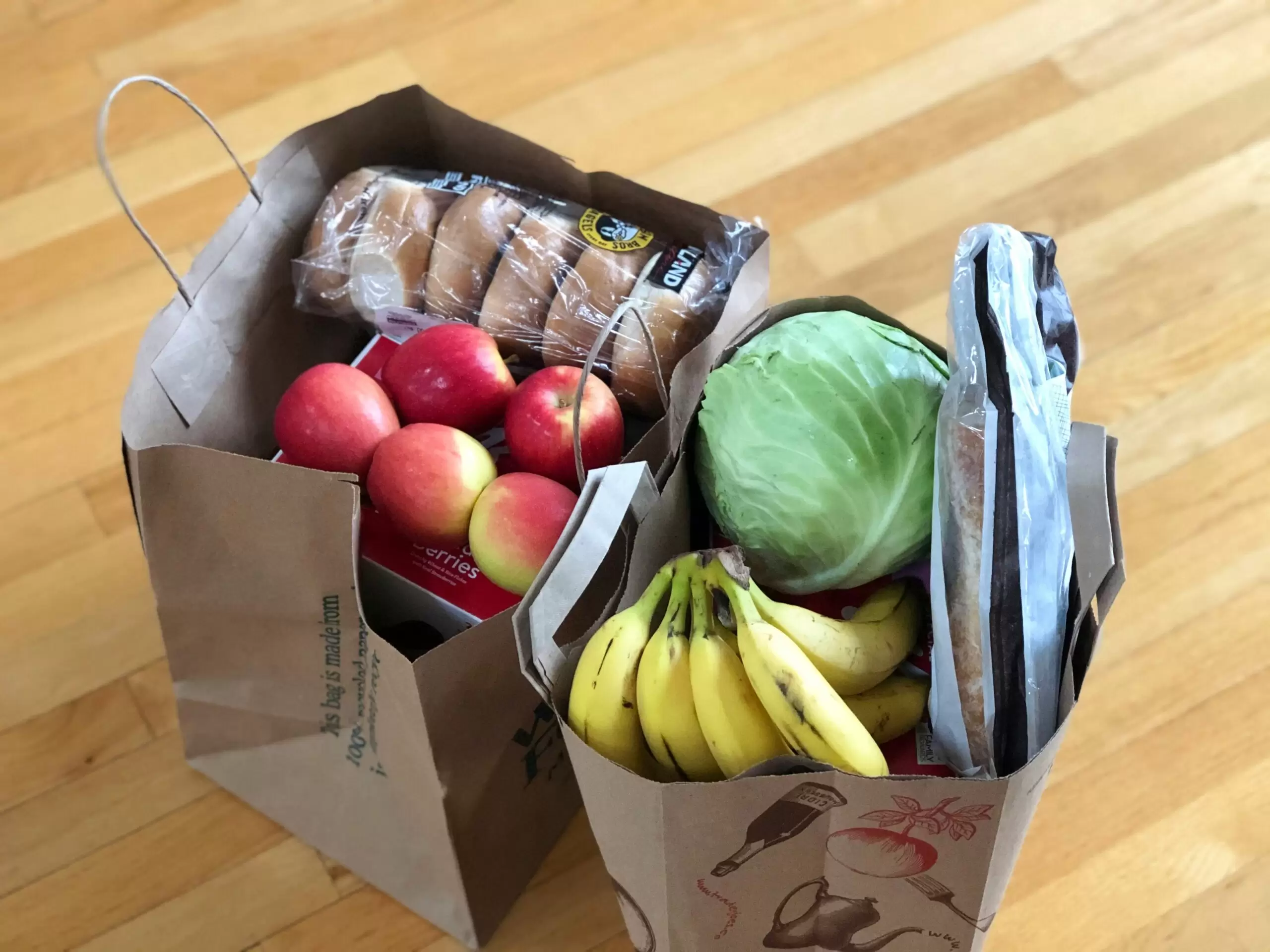
In addition to fast food packaging, excessive packaging in grocery stores contributes to food waste and environmental pollution. Pre-packaged fruits and vegetables, individually wrapped snacks, and over-packaged goods generate unnecessary waste and consume valuable resources. Choosing loose produce, buying in bulk, and supporting brands that prioritize sustainable packaging can help reduce your environmental impact and promote responsible consumption.
8. Disposable Batteries
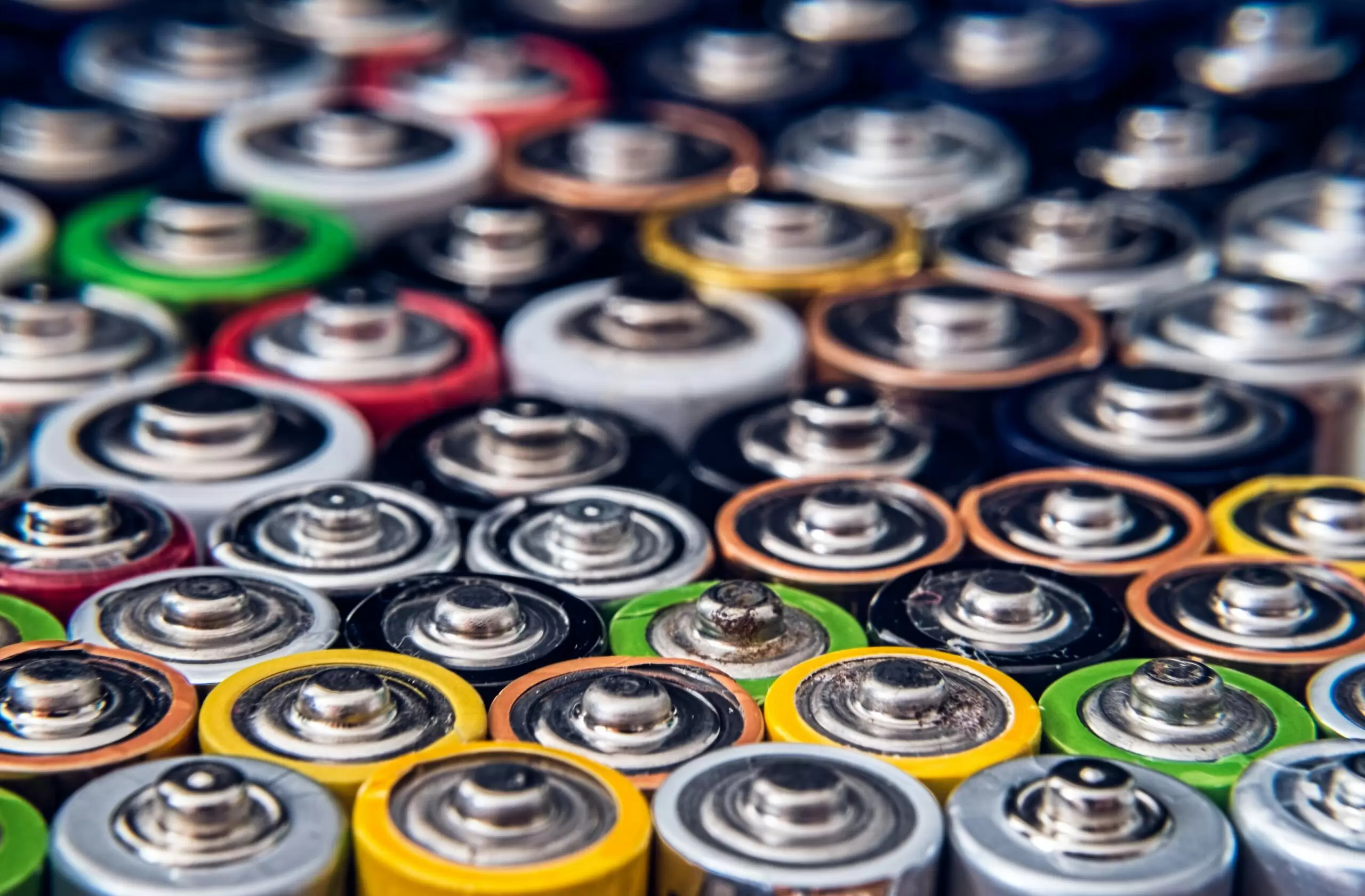
Disposable batteries, while convenient for powering electronic devices, contribute to electronic waste and environmental pollution. These batteries contain toxic chemicals such as lead, mercury, and cadmium, which can leach into the soil and water supply when disposed of improperly. Rechargeable batteries offer a more sustainable alternative, reducing the need for single-use batteries and minimizing environmental harm.
9. Single-Use Paper Towels
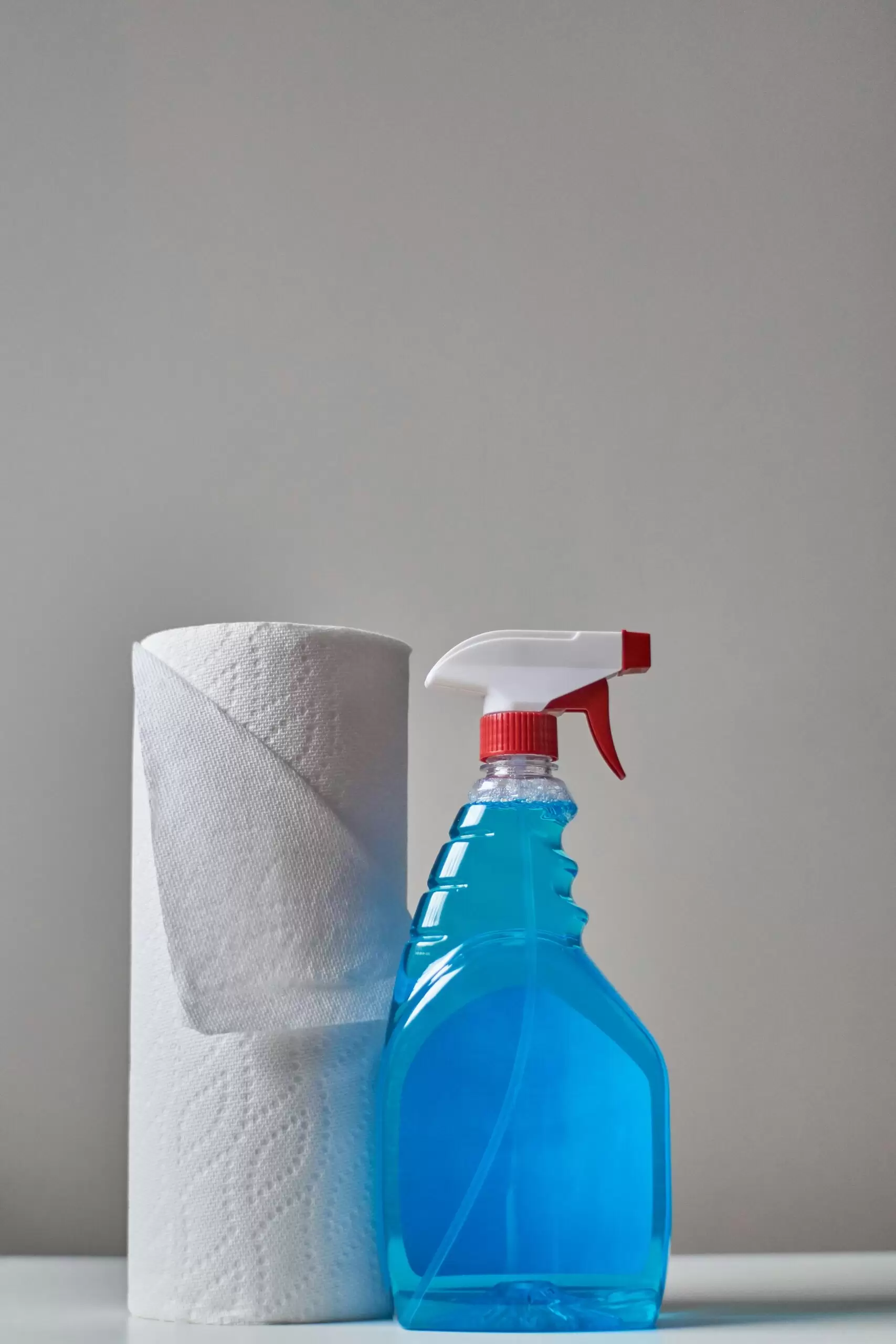
Single-use paper towels are another wasteful item that many of us continue to buy without considering their environmental impact. These towels contribute to deforestation, waste valuable resources, and create unnecessary landfill waste. Switching to reusable cloth towels or investing in eco-friendly alternatives such as bamboo-based paper towels can help minimize waste and promote sustainability in the kitchen and beyond.
10. Disposable Razors

Disposable razors, while convenient for shaving, contribute to plastic pollution and environmental degradation. The majority of disposable razors are made from non-biodegradable materials and end up in landfills or oceans after use. Investing in a durable and long-lasting safety razor or electric razor can help reduce waste and save money in the long run, while also minimizing your environmental footprint.
11. Plastic Packaging in Beauty Products
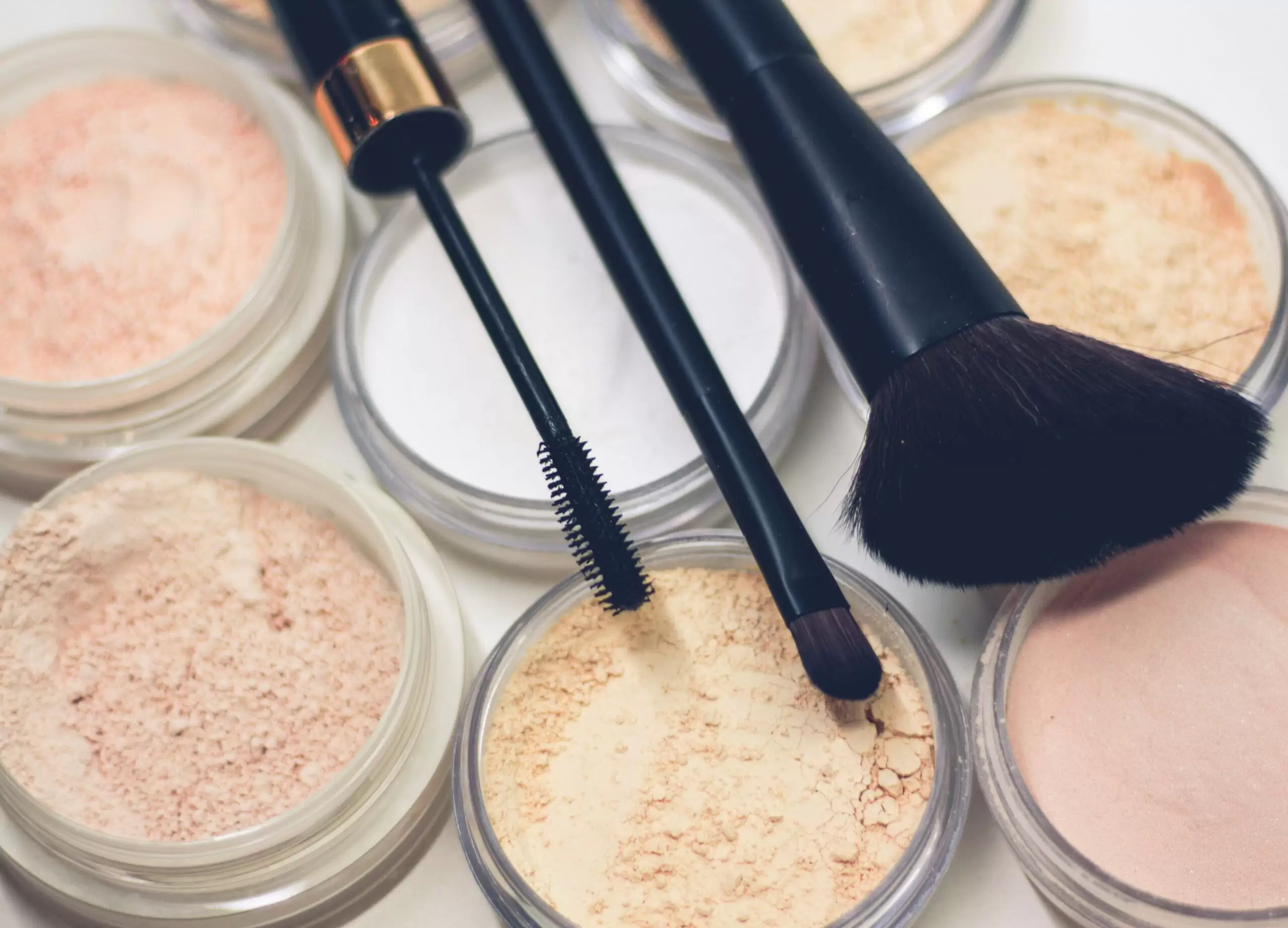
Many beauty products come packaged in single-use plastic containers, contributing to the plastic pollution crisis. From shampoo bottles to makeup containers, these products generate significant waste and harm the environment. Choosing beauty brands that prioritize sustainable packaging, such as glass containers or refillable options, can help minimize your contribution to plastic waste and support eco-friendly practices within the beauty industry.
12. Disposable Food Containers
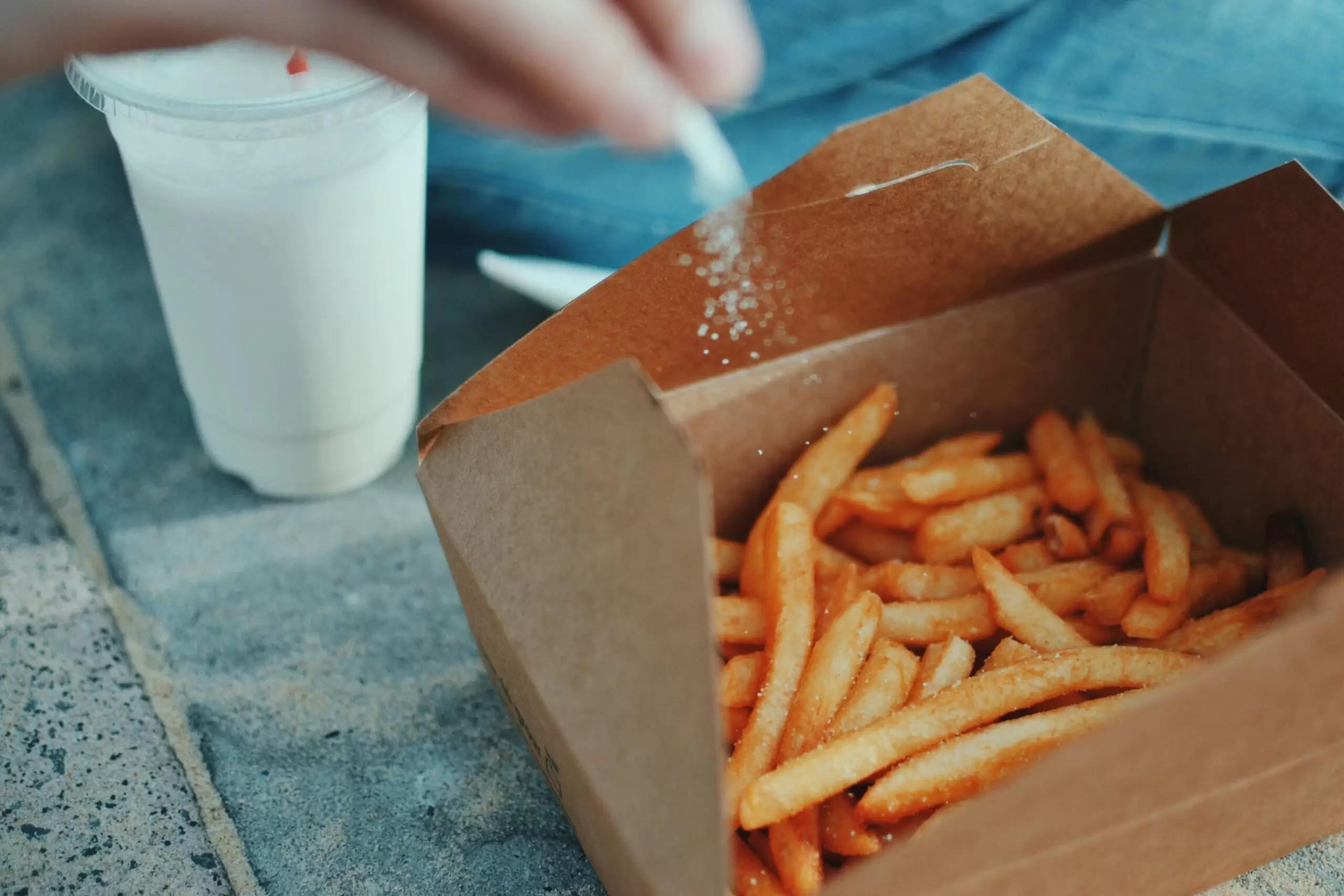
Disposable food containers, such as Styrofoam takeout containers and plastic clamshells, are convenient but highly wasteful alternatives to reusable containers. These containers often end up in landfills or oceans, where they can take hundreds of years to decompose. Opting for reusable containers made from stainless steel, glass, or silicone can help reduce waste and support sustainability in the food industry.
13. Single-Use Kitchen Gadgets

Single-use kitchen gadgets, such as avocado slicers, garlic presses, and strawberry hullers, may seem convenient but often end up collecting dust in drawers after minimal use. These gadgets contribute to clutter, waste valuable resources, and are ultimately unnecessary for most cooking tasks. Investing in high-quality multi-purpose kitchen tools can help streamline your cooking routine and minimize unnecessary waste in the kitchen.
14. Disposable Party Supplies
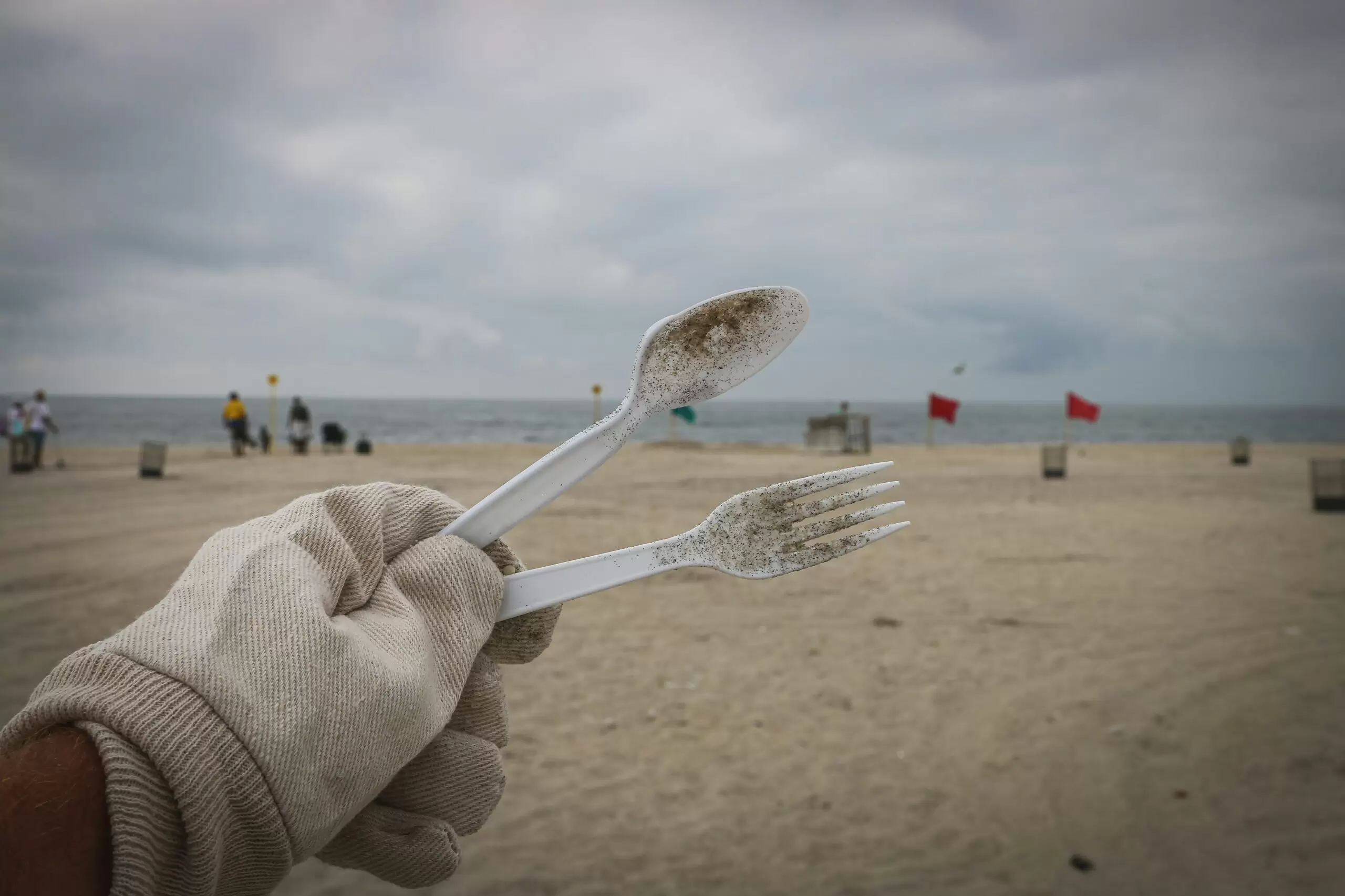
Disposable party supplies, including plastic utensils, cups, and plates, are convenient but highly wasteful alternatives to reusable options. These items generate significant waste, especially at large events or gatherings, and contribute to environmental pollution. Opting for reusable party supplies, such as durable plates, glasses, and utensils, can help minimize waste and promote sustainability while still allowing you to celebrate and entertain with ease.
Avoiding Wasteful Items
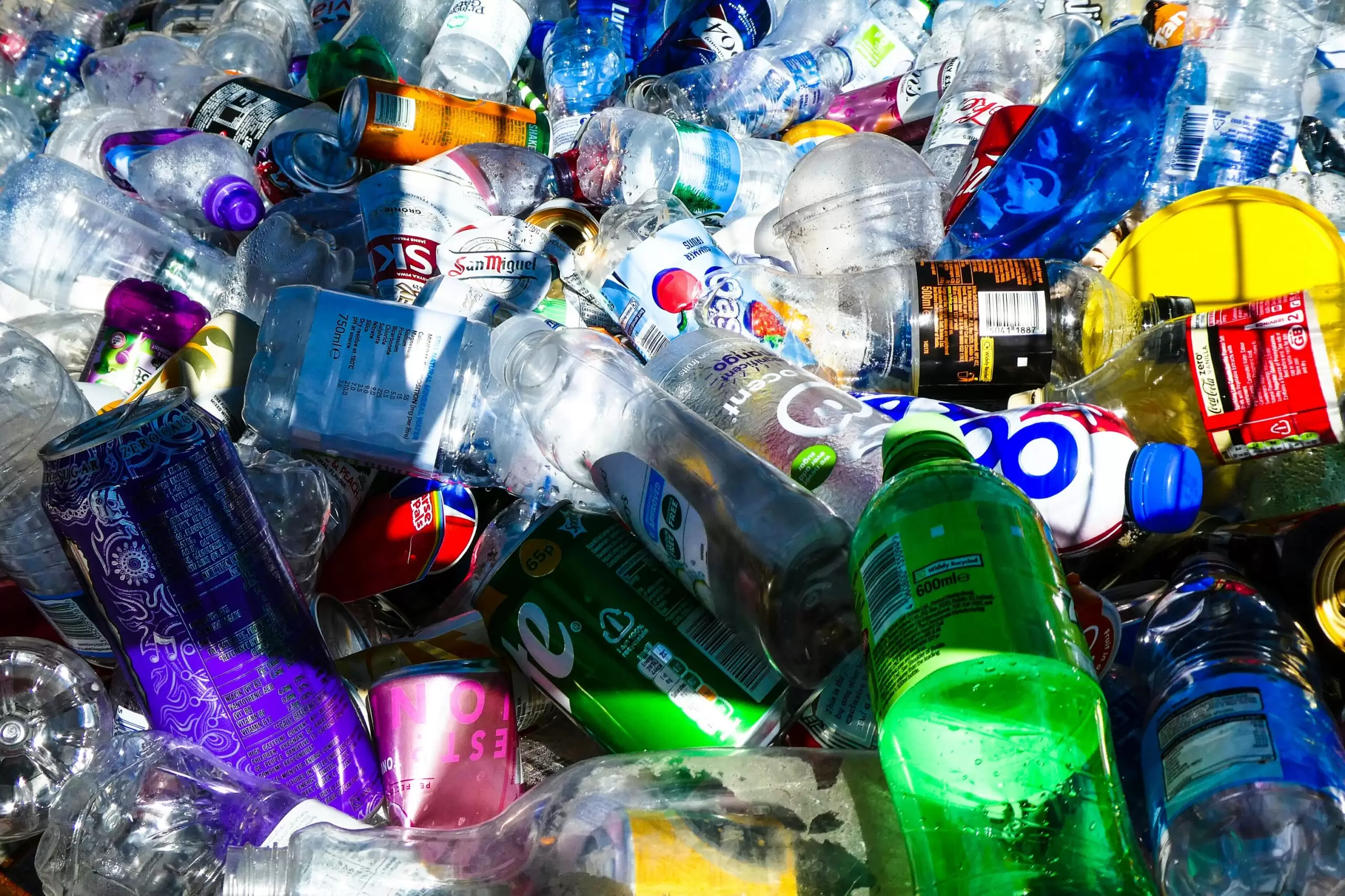
In conclusion, by recognizing and avoiding these fourteen wasteful items, we can reduce our environmental footprint, minimize waste, and promote sustainability in our daily lives. Making mindful and conscious choices about the products we purchase and consume is essential for protecting the planet and preserving its resources for future generations. By prioritizing sustainability and responsible consumption, we can work towards a more environmentally friendly and socially equitable world.
Read More:
- 14 Spring Cleaning Tips for Your Personal Finances
- 10 Reasons You Should Stop Buying Bottled Water (Yes, Health Is One of Them)

Drew Blankenship is a former Porsche technician who writes and develops content full-time. He lives in North Carolina, where he enjoys spending time with his wife and two children. While Drew no longer gets his hands dirty modifying Porsches, he still loves motorsport and avidly watches Formula 1.

